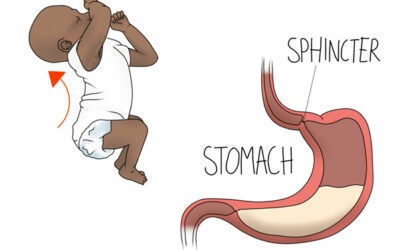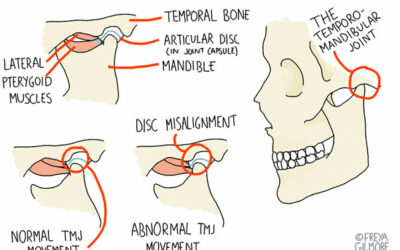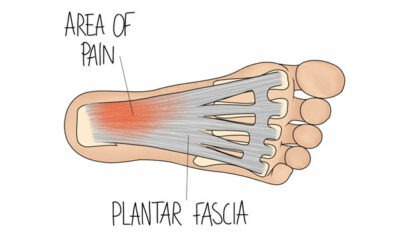 Government guidelines tell us we must take at least 30 minutes of exercise five times a week. To someone whose busy work life and family commitments prevent them from coming close to that, it’s nothing short of demotivating. Often people feel like giving up before they’ve even started.
Government guidelines tell us we must take at least 30 minutes of exercise five times a week. To someone whose busy work life and family commitments prevent them from coming close to that, it’s nothing short of demotivating. Often people feel like giving up before they’ve even started.
Whenever we speak to people who feel like this we say, make small changes to your daily levels of activity. Even little steps can lead to much bigger health benefits: taking the stairs, occasionally going for a short walk after lunch, swimming once a week.
We know that a lack of physical activity is one of the biggest public health problems of our time. Inactive lifestyles have been shown to increase the risk of heart disease, diabetes, high blood pressure and also osteoporosis. Being sedentary isn’t great for your cholesterol levels either.
We enjoyed reading this BBC News article about how unachievable government targets for exercise are putting us off taking it up altogether. It goes on to list some of the health benefits exercise brings. It claims that activity can be “more powerful than drugs” for certain conditions. The author also estimates that three hours on your feet each day can lengthen your life by around two years. Who doesn’t want to have more time to be around for their loved ones?
And this great article on Everyday Health lists the many benefits of being active. These include strengthening bones and making joints more flexible. There’s the positive effect of increased activity on stress and anxiety and boosting our mood. The nervous system functions better when we move more. Exercise, even a little, boosts the immune system too.
Being active isn’t just about spending hours in the gym each week, slogging it out in the squash court or jumping about to the latest fashionable dance-aerobics regime every other day. What’s important for our health is being as active as we can – even if that’s just a little bit here and there in small ways that fit around everything else we already have to get done each day.
At Good Health Centre we regularly see patients who know they’d benefit from taking more exercise but can’t commit a chunk of their evening several times a week. We encourage them to take small steps towards becoming more active.
Take the woman in her 50s who we suggested park her car further away from her workplace. OK so she now has to set off for work a little earlier in a morning, but the extra 15 minutes of walking she does each day adds up over the week and is contributing to her health and wellbeing.
Or the retired grandmother who’s started taking her toddler grandson swimming once a week. She gets to spend some quality time with him as she moves about constantly in a pool where the water resistance makes her muscles work that bit harder.
A younger man in his 30s has been inspired to remove the kettle from his office. Why? Because now if he wants a coffee, he has to walk down a flight of stairs to use a communal kitchen.
It’s all about keeping active, a bit at a time. To borrow a phrase from that well known supermarket, every little helps.
If you work in a sedentary job, read our tips for building more activity into your day.



0 Comments